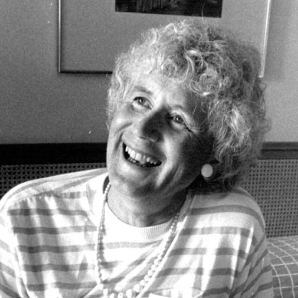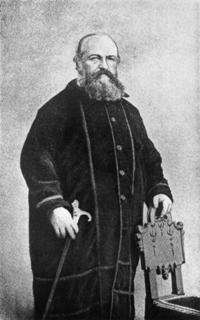A Quote by Jacob Bronowski
Related Quotes
When Coleridge tried to define beauty, he returned always to one deep thought; beauty, he said, is unity in variety! Science is nothing else than the search to discover unity in the wild variety of nature,-or, more exactly, in the variety of our experience. Poetry, painting, the arts are the same search, in Coleridge's phrase, for unity in variety.
The need of the human mind for contrast has its roots in the mind's age-old habit of looking for differences and likenesses. When the mind can find no differences and no likenesses, as is the case when monotony is present, it restlessly, then resentfully, and at last frantically seeks for contrast that it may again busy itself with observing differences and likenesses.
Hermeticism is the science of nature hidden in the hieroglyphics and symbols of the ancient world. It is the search for the principle of life, along with the dream (for those who have not yet achieved it) of accomplishing the great work, that is the reproduction by man of the divine, natural fire which creates and recreates beings.
The capacity to tolerate complexity and welcome contradiction, not the need for simplicity and certainty, is the attribute of an explorer. Centuries ago, when some people suspended their search for absolute truth and began instead to ask how things worked, modern science was born. Curiously, it was by abandoning the search for absolute truth that science began to make progress, opening the material universe to human exploration.
The big tradition, I think, is unity. And I have that in mind; and with that, you know, you could break all the traditions- all the other so-called rules, because they are stylistic.. and most are not true. As long as the marks are related to one another, there is unity. Unity in the work itself depends on unity of the artist's vision.



































